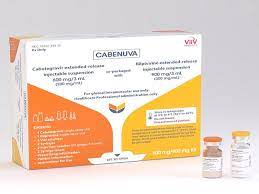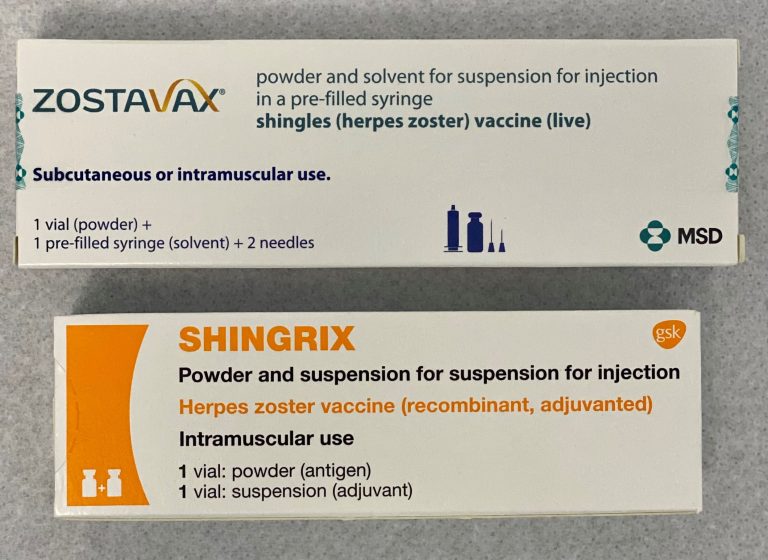ViiV Healthcare, the global specialist HIV company majority owned by GSK plc, with Pfizer Inc. (NYSE:PFE) and Shionogi Limited as shareholders, today announced results from an interim analysis of the LATITUDE phase III trial, indicating their long-acting injectable antiretroviral treatment (ART) for HIV, Cabenuva, (cabotegravir + rilpivirine), demonstrated superior efficacy in maintaining viral load suppression compared to daily oral therapy in individuals with a history of ART adherence challenges.
· Data Safety Monitoring Board (DSMB) for ACTG study recommends study be modified to stop randomisation and to give participants receiving daily oral therapy the option to transition to long-acting injectable therapy
· Full data set to be presented at an upcoming scientific conference
“The interim data indicating the superiority of long-acting therapy compared to daily oral therapy in individuals who have difficulty taking pills for HIV every day is a remarkable outcome,” said Kimberly Smith, MD, MPH, Head of R&D at ViiV Healthcare. “There are many reasons why people may find it challenging to stay on daily oral treatment and the LATITUDE study shows cabotegravir and rilpivirine injectable treatment can help them keep their virus suppressed, which benefits their overall health. Optimising therapy for all people living with HIV, including those with adherence challenges, is critical to the effort to end the HIV epidemic.”
The LATITUDE (Long-Acting Therapy to Improve Treatment Success in Daily Life) study is ongoing across 31 sites in the U.S. including Puerto Rico, implemented through Advancing Clinical Therapeutics Globally for HIV/AIDS and Other Infections (ACTG), a global NIH-funded clinical trials network focused on HIV and other infectious diseases. Participants with challenges taking daily oral ART as prescribed and evidence of viremia were screened to ensure the HIV in their blood was not resistant to the study drugs and that they met other health and safety criteria. Once enrolled, they received comprehensive and incentivised adherence support while taking guideline-recommended, three-drug regimen oral ART, including dolutegravir and bictegravir-based regimens, to achieve viral suppression. They were then randomised to receive long-acting injectable ART (cabotegravir + rilpivirine) every four weeks or to continue taking daily oral ART.
Last week, the DSMB performed a planned interim review. They considered the totality of all the study endpoints together and concluded that the evidence indicated superior efficacy of long-acting ART over daily oral standard of care. The DSMB recommended that all eligible participants should be offered long-acting injectable cabotegravir + rilpivirine.
There are many factors that can influence a person’s ability to take medicine every day, including access to health care or health insurance, affordability, unstable housing, stigma and fear of having their HIV status disclosed. Lack of consistent adherence is a common reason why some people living with HIV have difficulty maintaining undetectable viral loads.
LATITUDE is sponsored and funded by the National Institute of Allergy and Infectious Diseases (NIAID), part of the National Institutes of Health, and is being conducted by ACTG, with additional support from the National Institute of Mental Health, the National Institute on Drug Abuse, ViiV Healthcare and the Janssen Pharmaceutical Companies of Johnson & Johnson.
ViiV Healthcare is a global specialist HIV company established in November 2009 by GSK and Pfizer dedicated to delivering advances in treatment and care for people living with HIV and for people who are at risk of acquiring HIV. Shionogi became a ViiV shareholder in October 2012.









































